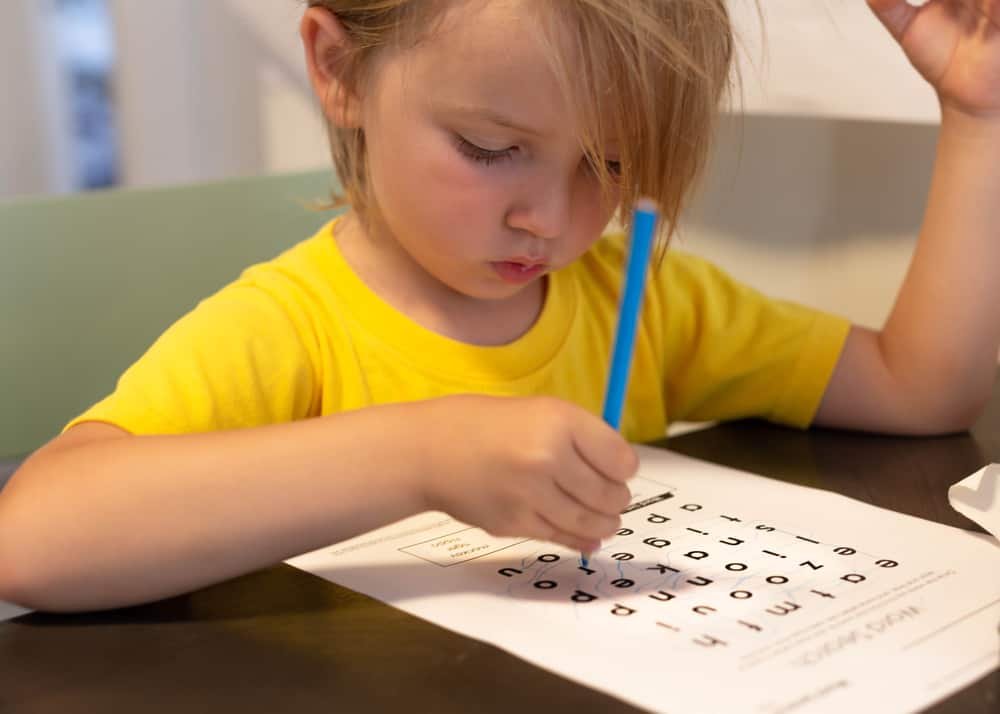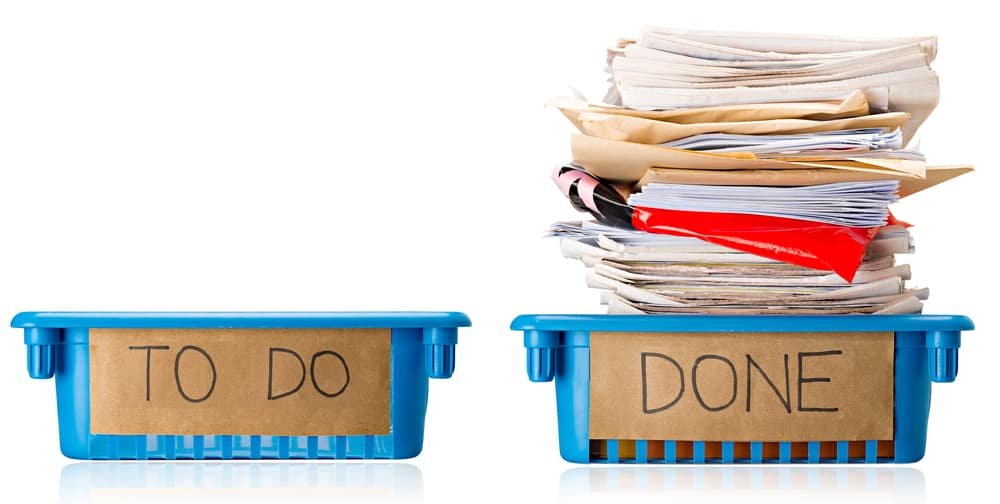Last Updated on January 7, 2024 by Gamesver Team and JC Franco

As a parent, you are bound to be keen to give the kids something to do that keeps them entertained for hours, but what? In this day and age (the digital one), plonking kids in front of screens seems to be the norm, but is it really doing any good for their development?
TVs, phones, or tablets have their purpose and place, but they shouldn’t become your go-to when you want to keep the kids entertained or occupied. Something to ask is if it will stand them in good stead for the future? Believe it or not, there are nondigital ways to entertain the kids for hours on end that are educational and fun. Word searches are a popular one.
As a kid, I did a lot of word searches and other word puzzles too. I owe my love for reading and writing to this little fact. It was my grandmother that started off this word search addiction that I currently live with, and to be honest, I cannot thank her enough. Word searches have greatly enhanced my life. I grew up enjoying many of the benefits mentioned below. I believe kid’s entertainment should be fun, engaging, and educational.
These are 14 reasons (benefits) for your kids to do word searches:
1. Word searches provide hours of educational entertainment.
If your children are whiling away the hours aimlessly scrolling on social media, texting friends, or playing random games, chances are that their mental development will be taking a break during those hours. Essentially, those are hours lost and opportunities missed. By providing your children with word searches, you open up their minds and provide them with the opportunity to learn in the best way possible: through fun.

2. Word searches improve vocabulary.
Word searches for kids are available in a variety of themes and age-appropriate versions, which means that there is a word search out there for every type of child. Each word search features a list of words, some of which your child will be familiar with, and some of which will be new. As your child searches for the word, he/she can think about the word and possibly even look it up (provide a dictionary for this). The more your child encounters new words, the bigger his/her vocab will grow.
3. Completing word searches regularly greatly improves spelling skills.
Word searches are a great way to present children with new words and sounds. It immediately shows them how they are spelled too. The more they reference the spelling of the word to try to find it on the grid, the more they will improve their spelling skills.
4. Doing word searches may enhance productivity.
A person’s productivity levels can only improve or increase when they become familiar with basic tasks and processes. Puzzles, such as word searches, act as a form of brain training, which essentially increases productivity as children develop vital skills, such as grasping concepts, learning, memorizing, noticing patterns, and more. Kids who can complete puzzles often learn to think out of the box more easily, which later on in life is a great tool for increased productivity.

5. Word searches provide a way for kids and adults to bond.
Adults that struggle to bond with their children on an emotional level can seek out joint activities to spend quality time with and essentially bond with their children. Having an activity to look forward to doing together takes the pressure off both child and adult. Word searches are particularly useful for bonding as children can receive guidance in terms of understanding what words mean. It is a great way to get both children and adults to socialize without placing too much emphasis on bonding, even though it will happen naturally.
6. Doing word searches offers an appropriate way for kids to socialize.
Kids with nothing to do are kids that get themselves into trouble. If you want your child and his/her friends to socialize at home in an appropriate way or through “good clean fun”, word searches are the way to go. These can be found in fun themes; kids can use colorful pencils or pens, and can help each other through the process. It passes the time, gives kids something to do, and allows them to spend time together while working towards a common goal.
7. Word searches develop problem-solving skills.
While looking for the list of words in the word search grid, kids are consistently solving a problem. The more they practice this, the more they will become strategic in their approach to quickly finding words. This type of brain activity spurs on problem-solving skills.

8. Doing word searches nurtures an attitude of persistence (hard work pays off).
Kids that are exposed to word searches learn to never give up. The puzzle may be hard and the word might be hard to find, but when they get it right, they feel an incredible sense of achievement. This is a great way to teach kids that hard work and persistence pays off.
9. Doing word searches regularly may improve IQ.
Studies have proven that puzzles are a great way to keep the mind healthy and active. A healthy and active mind is great at problem-solving, quick on the draw, and of course, not prone to typical mental degradation illnesses such as Alzheimer’s disease and dementia. If you want to ensure that your child’s IQ develops, word searches and similar word puzzles can be helpful.
10. Word searches get kids away from screens (TV, phone, or tablet).
Kids nowadays seem to be glued to their mobile phones, televisions, game consoles, and tablets. If it has a screen, children seem drawn to it. Parents like the entertainment value (yay, free time at last) of these devices, but do not particularly like how addictive, such behavior can become and how anti-social children can be when the addiction sets in.
A good way to bring some balance into your child’s life is to have dedicated “no screen” time. This is the perfect time to complete a puzzle, play a game outside, or simply chat with a family member face to face.
11. Regularly doing word searches provides effective stress relief.
Kids suffer from stress, too; they just do not know what it is or how to handle it. To help your child to cope with stress and find some relief, dedicate some time after school where you sit and do a word search puzzle together. It might not be the most desirable thing for your child to do, but when he/she gets used to it and starts enjoying it, you will notice how much easier it becomes for him/her to unwind after a day at school.

12. Word searches develop pattern recognition skills.
Recognizing patterns is an essential skill for children to develop. You might be wondering why. Well, when someone has the ability to recognize a pattern, it can help that person to make sound predictions based on observations. Recognizing patterns is also quite helpful in mathematics.
13. Doing word searches improves working memory.
Children need to develop good working memory as it helps the long term and short term brain memory to collaborate better. Logic puzzles such as word searches are great for improving working memory as children learn to retrieve vocab and definitions from their memory. This type of brain activity can greatly improve a child’s ability to learn.
14. Word searches are anytime, anywhere entertainment.
It is hard to find entertainment for kids that you can take on the go. Need to be at the office with the kids for a few hours? Take some printed word searches along. Need to provide entertainment to kids in the car on a long road trip? Take a few word search books and colored pencils along. With word searches, you can print some out, or you can buy word search books. They are highly portable and provide far better entertainment than letting kids just sit around and twiddle their thumbs.
Last Word
These, I personally believe, are great reasons for kids to do word searches. Of course, it is important to choose a word search that suits the ability or age group of your child. Help your child to make sense of the word search first, and soon you will notice obvious progress. Enjoy!

